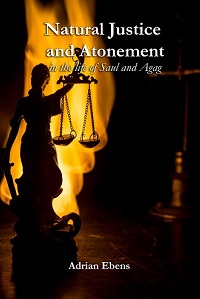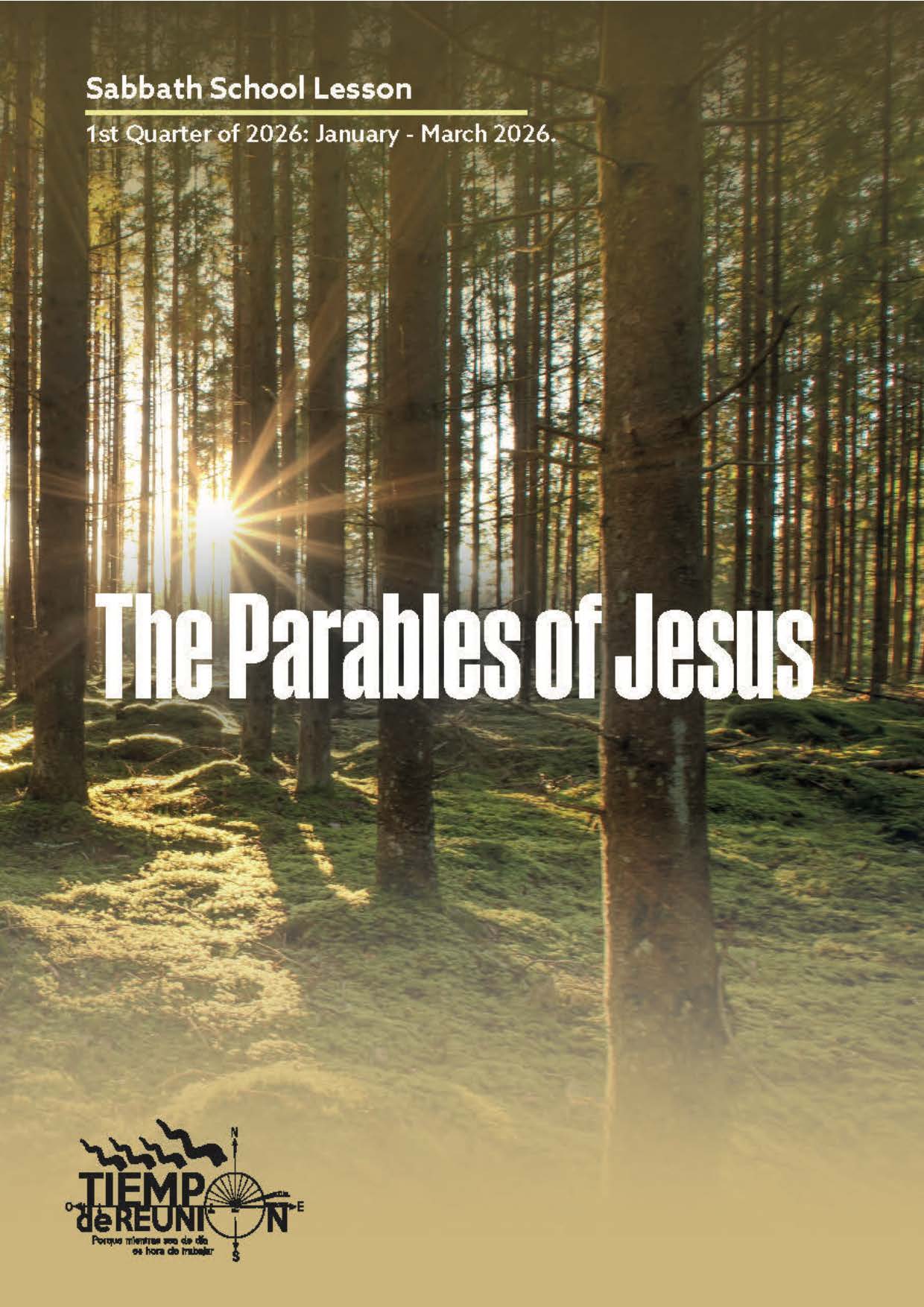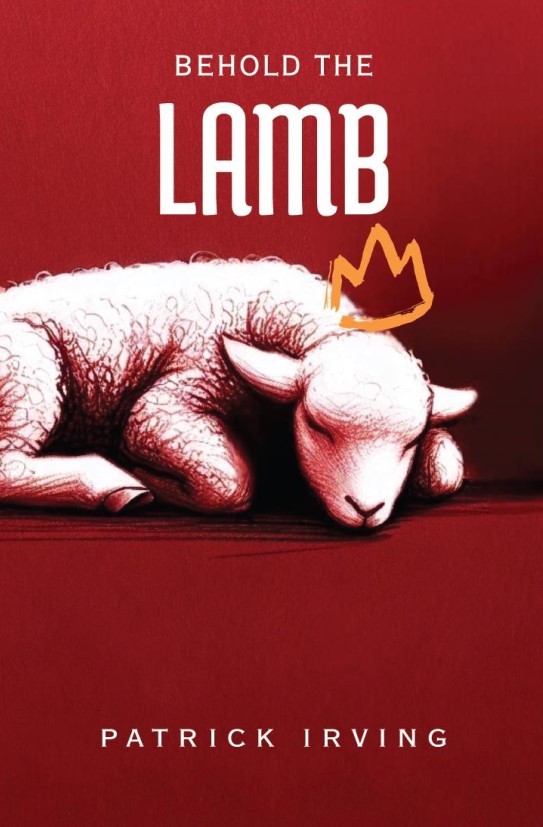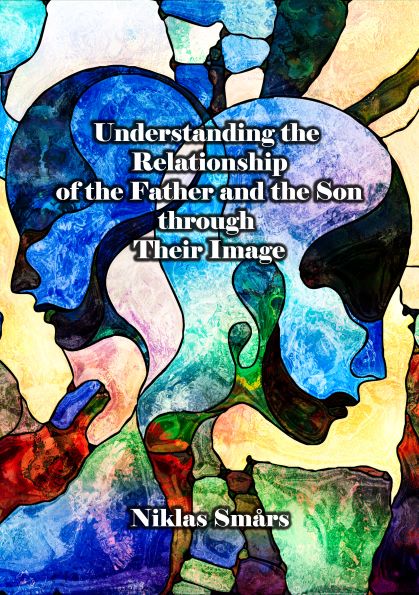1888 Perspective on the Covenants
Since at least 1886 two men who Seventh Day Adventists are all familiar with: Jones and Waggoner, have been teaching on the covenants as heart conditions instead of the commonly held view of the covenants as sequential dispensations. This message was largely rejected by the brethren, which had it been accepted, would have brought the latter rain in its fullness and Christ would have returned. So here we are in the beginning of the 4th generation since this rejection and we have another opportunity to understand the covenants and their connection to the preparatory work of sanctification and the outpouring of the latter rain in its fullness.
At the heart of 1888 and the covenants, lies the book of Galatians. Both Jones and Waggoner have extensively studied , wrote about, and presented their studies regarding this wonderful book for over a decade.
The subject of this article is related to one of A.T. Jones studies from his 16 month study series from 1899-1900 titled: Studies in Galatians – The Two Covenants .Specifically, we are going to look at the allegory of the bond woman(Hagar) and the free woman (Sarah) as the old and new covenants in connection with Mount Sinai (Gal 4:21-31, 5:1).
What is the old covenant really? Was the New Covenant renewed at Sinai? Did the people go from Old to New and back to Old Again? Could this be playing out in our own lives and that of the church body today? Why was the ceremonial law given to the people? Was it connected to a particular covenant? If so, which one?
To quote A.T. Jones when responding to several letters asking what law is the subject of consideration in the book of Galations:
“Not any law at all; it is the gospel that is the subject, and the whole subject under consideration in the book of Galatians.”
With that let’s dive in…..
"And knowing only the birth of the flesh, and having only the mind of the flesh, their promise to obey the law of God "indeed," was worthless, because "the mind of the flesh is enmity against God: for it is not subject to the law of God, neither indeed can be."p. 147, Para. 3, [SIG].
"If they had made no promise at all to obey the law, they would have broken it; because they knew only the birth of the flesh, and "they that are in the flesh can not please God. "Therefore, without any promise to keep the law, without the new birth, they would have continued in the bondage of sin. And when they promised to keep the law "indeed", and then broke their promise (which, having only the mind of the flesh, it was inevitable that they would do), this brought them only yet deeper into bondage, because to "vow a vow unto the Lord," and then "slack to pay it," is "sin in thee." Deut. 23:21.p. 148, Para. 1, [SIG].
"Therefore, that covenant being entered into by those who were already in bondage, and being a covenant which, by its terms, gendered to bondage, it was only a covenant of bondage--a covenant in which their very efforts to deliver themselves from the bondage in which they already were, brought them only deeper into bondage, the bondage of sin, the bondage of their own works and broken promises, which were only sin".p. 148, Para. 2, [SIG].
"Consequently, all that was seen, or could be seen, in the first covenant was, and is, the broken law. And that this should be forever so plain that no one could fail to see it, when Moses came down from the Mount and saw their idolatry, he, having the tables of the law of God in his hands, "cast the tables out of his hands, and brake them beneath the mount." Ex. 32:19.p. 148, Para. 3, [SIG].
"They were at first breakers of the law. They promised nevermore to break the law. They again broke both the law and their promise not to break it".p. 148, Para. 4, [SIG].
"And when, therefore, because of this, Moses cast out of his hands the tables of the law of God, and broke them, this was to give to them, and to all people forever, a divine object lesson, that in the first covenant, in all their promises not to break the law, no one can ever see anything but the broken law".p. 148, Para. 5, [SIG]."
The Covenant that Moses Pleaded on Sinai:
"But, there was then and there present the Abrahamic covenant, the covenant of faith, God's everlasting covenant, to deliver them from the bondage and the yoke of bondage that was upon them because of the covenant of works, of unbelief, into which they had entered. "They could not hope for the favor of God through a covenant which they had broken"--through a covenant in which nothing could be seen but the broken law of God. "And now, seeing their sinfulness and their need of pardon, they were brought to feel their need of the Saviour, revealed in the
Abrahamic covenant and shadowed forth in the sacrificial offerings." p. 148, Para. 6, [SIG].
"It was the covenant with Abraham, Isaac, and Jacob which Moses pleaded to God, for mercy to the people worshipping the golden calf at the foot of the mount, while he was yet in the mount, before he had come down the first time. Notice: in Ex. 32:1-6 is given the account of the people's making the golden calf and worshiping it."p. 149, Para. 1, [SIG].
What Saved the People from Bondage and the Curse of Their Sins:
"Thus it was the Abrahamic covenant, God's everlasting covenant, that saved the people from the bondage and the curse of their sins, in the first covenant. And so it is ever." Heb. 9:15.p. 149, Para. 3, [SIG].
And "now, seeing their sinfulness and their need of pardon, they were brought to feel their need of the Savior revealed in the Abrahamic covenant, and shadowed forth in the sacrificial offerings. Now by faith and love they were bound to God as their deliverer from the bondage of sin. Now they were prepared to appreciate the blessings of the new covenant."-- Patriarchs and Prophets, p. 373.p. 149, Para. 4
The Old Covenant Brought Them To the New Covenant Right Then and There:
"Thus the covenant from Sinai brought them to the covenant with Abraham. The first covenant brought them to the second. The old covenant brought them to the new covenant. And thus the law, which was the basis of that covenant,-- the broken law,--was the schoolmaster to bring them to Christ, that they might be justified by faith."p. 149, Para. 5, [SIG].
God intended the Sacrifices and Offerings to be an Expression of Their Faith in the New Covenant:
"But, behold in their unbelief Israel afterward turned all this into a system of works, precisely as was the first covenant. And those sacrifices and offerings, and the ceremonies connected therewith, were given by the Lord to be altogether the expression of faith. But Israel, in their unbelief, missed all this, and made it only a system of works of ceremonialism. Instead of righteousness coming by faith, and the sacrifices and offerings being but the expression of the faith, they expected righteousness by means of the offering itself, and because of their good work in making the offering."p. 150, Para. 5, [SIG].
The Gospel of the New Covenant Designed to Deliver them From the Bondage of the Old was Perverted:
"Thus the very means that God had given to deliver them from the bondage of the old covenant they, through unbelief, had turned into a system of bondage, which corresponded exactly to that bondage of the old covenant. They had, indeed, perverted the new covenant as then expressed, into the very principle of the old covenant-- righteousness by works. That which was the gospel as expressed in the sacrifices, offerings and ministry of that time, they perverted to the bondage of righteousness by works, and ceremonialism, exactly as among the Galatians the "Pharisees which believed" were perverting the gospels expressed in the sacrifice and ministry of Christ himself." p. 151, Para. 2, [SIG].
See Also:
Divine Pattern of the Covenants




